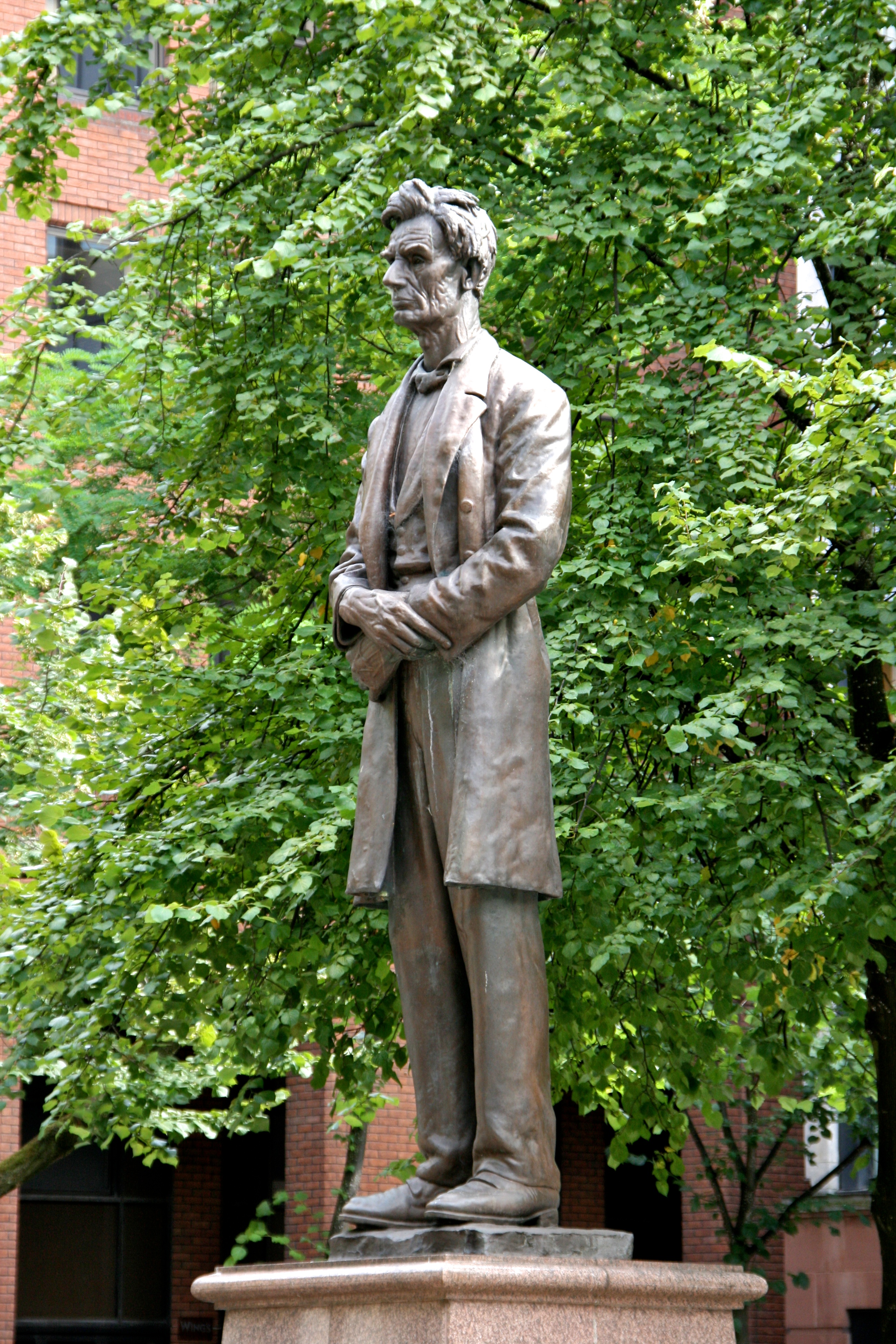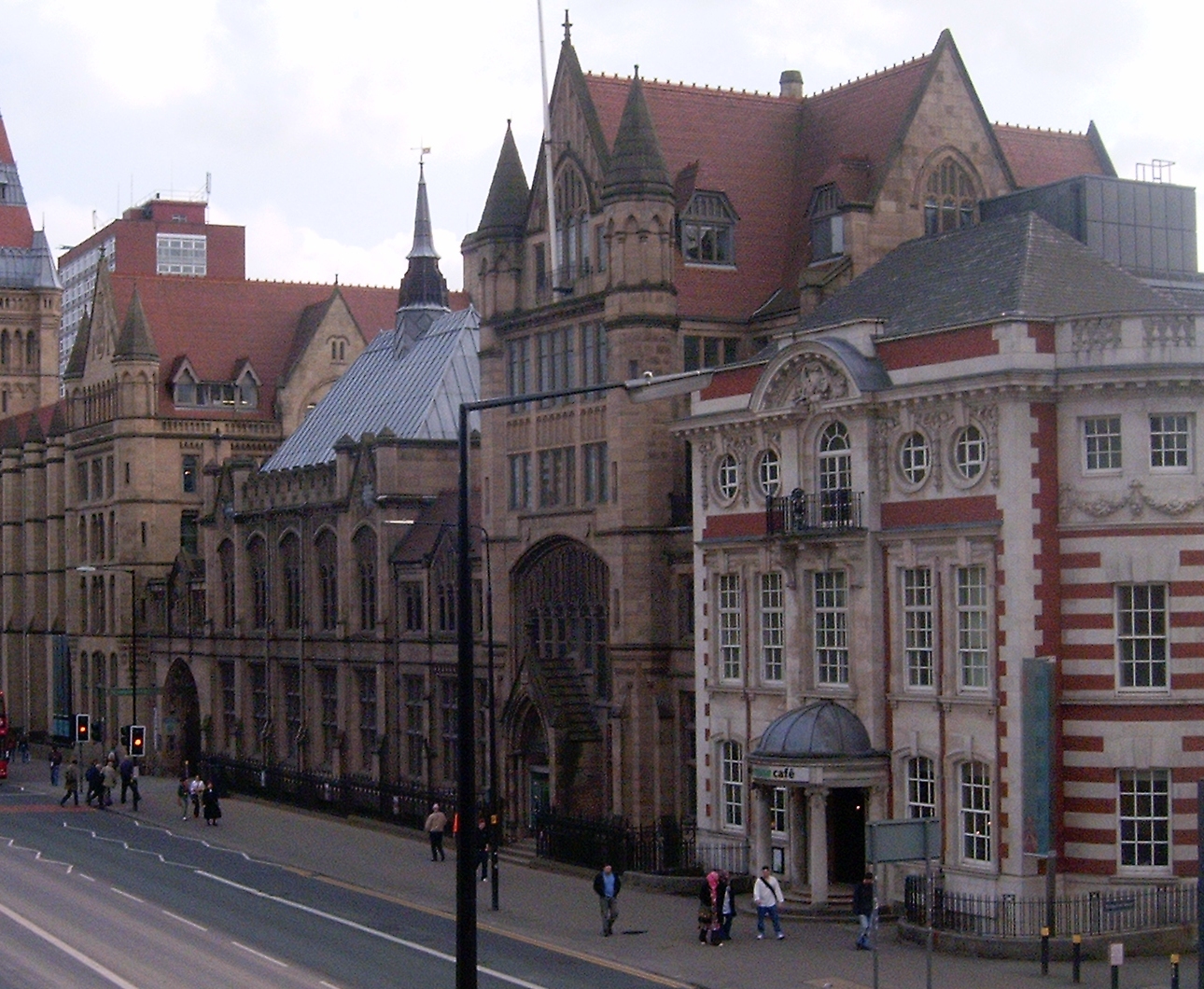|
Brivati, Brian
Brian Leopoldo Brivati is a British historian. He was a professor of contemporary history at Kingston University and worked as a director of the John Smith memorial trust from 2008 to 2012. His work has appeared in ''The Guardian'', ''The Times'', the ''Financial Times'', ''The Independent on Sunday'', ''The Observer'', ''New Statesman'', ''Progress'', the '' Fabian Review'' and ''Parliamentary Brief''. Brivati has appeared as a political commentator on BBC Radio 4. Brivati is a specialist in designing and delivering professional development, leadership and bespoke training programmes for government, NGOS, the private sector and overseas clients. He also works as a special adviser to politicians, government departments and civil society organisations in Central and Eastern Europe, Iraq and other Middle East countries. Brivati's academic career evolved from public policy, political history and biography into the teaching of Human Rights. His research interests are focussed on t ... [...More Info...] [...Related Items...] OR: [Wikipedia] [Google] [Baidu] |
The Guardian
''The Guardian'' is a British daily newspaper A newspaper is a periodical publication containing written information about current events and is often typed in black ink with a white or gray background. Newspapers can cover a wide variety of fields such as politics, business, sport .... It was founded in 1821 as ''The Manchester Guardian'', and changed its name in 1959. Along with its sister papers ''The Observer'' and ''The Guardian Weekly'', ''The Guardian'' is part of the Guardian Media Group, owned by the Scott Trust Limited, Scott Trust. The trust was created in 1936 to "secure the financial and editorial independence of ''The Guardian'' in perpetuity and to safeguard the journalistic freedom and liberal values of ''The Guardian'' free from commercial or political interference". The trust was converted into a limited company in 2008, with a constitution written so as to maintain for ''The Guardian'' the same protections as were built into the structure of the ... [...More Info...] [...Related Items...] OR: [Wikipedia] [Google] [Baidu] |
Islington Gazette
The ''Islington Gazette'' is a weekly paid-for newspaper covering the borough of Islington in north London, England. It was established in 1856 and was owned by Independent News & Media until the early 21st century when it was bought by Archant Archant Limited is a newspaper and magazine publishing company headquartered in Norwich, England. The group publishes four daily newspapers, around 50 weekly newspapers, and 80 consumer and contract magazines. Archant employs around 1,250 empl .... The ''Gazette'' celebrated its 150th birthday on 21 September 2006. It is published weekly on a Thursday, and covers local news in Islington and in neighbouring boroughs such as Hackney and Haringey. See also * List of newspapers in London References External links ''Islington Gazette'' - Homepage 1856 establishments in the United Kingdom Media and communications in the London Borough of Islington London newspapers Publications established in 1856 {{England-newspaper-stu ... [...More Info...] [...Related Items...] OR: [Wikipedia] [Google] [Baidu] |
British Biographers
British may refer to: Peoples, culture, and language * British people, nationals or natives of the United Kingdom, British Overseas Territories, and Crown Dependencies. ** Britishness, the British identity and common culture * British English, the English language as spoken and written in the United Kingdom or, more broadly, throughout the British Isles * Celtic Britons, an ancient ethno-linguistic group * Brittonic languages, a branch of the Insular Celtic language family (formerly called British) ** Common Brittonic, an ancient language Other uses *''Brit(ish)'', a 2018 memoir by Afua Hirsch *People or things associated with: ** Great Britain, an island ** United Kingdom, a sovereign state ** Kingdom of Great Britain (1707–1800) ** United Kingdom of Great Britain and Ireland (1801–1922) See also * Terminology of the British Isles * Alternative names for the British * English (other) * Britannic (other) * British Isles * Brit (other) * Bri ... [...More Info...] [...Related Items...] OR: [Wikipedia] [Google] [Baidu] |
Academics Of Kingston University
An academy ( Attic Greek: Ἀκαδήμεια; Koine Greek Ἀκαδημία) is an institution of secondary or tertiary higher learning (and generally also research or honorary membership). The name traces back to Plato's school of philosophy, founded approximately 385 BC at Akademia, a sanctuary of Athena, the goddess of wisdom and skill, north of Athens, Greece. Etymology The word comes from the ''Academy'' in ancient Greece, which derives from the Athenian hero, ''Akademos''. Outside the city walls of Athens, the gymnasium was made famous by Plato as a center of learning. The sacred space, dedicated to the goddess of wisdom, Athena, had formerly been an olive grove, hence the expression "the groves of Academe". In these gardens, the philosopher Plato conversed with followers. Plato developed his sessions into a method of teaching philosophy and in 387 BC, established what is known today as the Old Academy. By extension, ''academia'' has come to mean the accumulation, de ... [...More Info...] [...Related Items...] OR: [Wikipedia] [Google] [Baidu] |
Living People
Related categories * :Year of birth missing (living people) / :Year of birth unknown * :Date of birth missing (living people) / :Date of birth unknown * :Place of birth missing (living people) / :Place of birth unknown * :Year of death missing / :Year of death unknown * :Date of death missing / :Date of death unknown * :Place of death missing / :Place of death unknown * :Missing middle or first names See also * :Dead people * :Template:L, which generates this category or death years, and birth year and sort keys. : {{DEFAULTSORT:Living people 21st-century people People by status ... [...More Info...] [...Related Items...] OR: [Wikipedia] [Google] [Baidu] |
Year Of Birth Missing (living People)
A year or annus is the orbital period of a planetary body, for example, the Earth, moving in its orbit around the Sun. Due to the Earth's axial tilt, the course of a year sees the passing of the seasons, marked by change in weather, the hours of daylight, and, consequently, vegetation and soil fertility. In temperate and subpolar regions around the planet, four seasons are generally recognized: spring, summer, autumn and winter. In tropical and subtropical regions, several geographical sectors do not present defined seasons; but in the seasonal tropics, the annual wet and dry seasons are recognized and tracked. A calendar year is an approximation of the number of days of the Earth's orbital period, as counted in a given calendar. The Gregorian calendar, or modern calendar, presents its calendar year to be either a common year of 365 days or a leap year of 366 days, as do the Julian calendars. For the Gregorian calendar, the average length of the calendar yea ... [...More Info...] [...Related Items...] OR: [Wikipedia] [Google] [Baidu] |
Euston Manifesto
The Euston Manifesto ( ) is a liberal conservative, pro-American, 2006 declaration of principles signed by a group of academics, journalists and activists based in the United Kingdom, named after the Euston Road in London where it had its meetings. The statement was a reaction to what the writers argued to be widespread violations of left-wing principles by others who were commonly associated with the Left. The manifesto states that "the reconfiguration of progressive opinion that we aim for involves drawing a line between forces on the Left that remain true to its authentic values, and currents that have lately shown themselves rather too flexible about these values"."The Euston Manifesto" , 29 March 2006. The manifesto proposed a "fresh political alignment", which involves "making common cause with genuine democrats, wheth ... [...More Info...] [...Related Items...] OR: [Wikipedia] [Google] [Baidu] |
Dissent (American Magazine)
''Dissent'' is an American Left intellectual magazine edited by Natasha Lewis and Timothy Shenk and founded in 1954. The magazine is published by the University of Pennsylvania Press on behalf of the Foundation for the Study of Independent Social Ideas. Former co-editors include Irving Howe, Mitchell Cohen, Michael Walzer, and David Marcus. History The magazine was established in 1954 by a group of New York Intellectuals, which included Lewis A. Coser, Rose Laub Coser, Irving Howe, Norman Mailer, Henry Pachter, and Meyer Schapiro. Its co-founder and publisher for its first 15 years was University Place Book Shop owner Walter Goldwater. From its inception, ''Dissent''s politics deviated from the standard ideological positions of the left and right. Like ''politics'', the ''New Left Review'' and the French socialist magazine '' Socialisme ou Barbarie'', ''Dissent'' sought to formulate a third position between the liberalism of the West and the communism of the East. Trouble ... [...More Info...] [...Related Items...] OR: [Wikipedia] [Google] [Baidu] |
The Guardian
''The Guardian'' is a British daily newspaper A newspaper is a periodical publication containing written information about current events and is often typed in black ink with a white or gray background. Newspapers can cover a wide variety of fields such as politics, business, sport .... It was founded in 1821 as ''The Manchester Guardian'', and changed its name in 1959. Along with its sister papers ''The Observer'' and ''The Guardian Weekly'', ''The Guardian'' is part of the Guardian Media Group, owned by the Scott Trust Limited, Scott Trust. The trust was created in 1936 to "secure the financial and editorial independence of ''The Guardian'' in perpetuity and to safeguard the journalistic freedom and liberal values of ''The Guardian'' free from commercial or political interference". The trust was converted into a limited company in 2008, with a constitution written so as to maintain for ''The Guardian'' the same protections as were built into the structure of the ... [...More Info...] [...Related Items...] OR: [Wikipedia] [Google] [Baidu] |
OpenDemocracy
openDemocracy is an independent media platform and news website based in the United Kingdom. Founded in 2001, openDemocracy states that through reporting and analysis of social and political issues, they seek to "challenge power and encourage democratic debate" around the world. The founders of the website have been involved with established media and political activism. The platform has been funded by grants from organisations such as Charles Stewart Mott Foundation, the Open Society Foundations, the Ford Foundation, and Joseph Rowntree Charitable Trust, as well as by receiving direct donations from readers. History openDemocracy was founded in 2000 by Anthony Barnett, David Hayes, Susan Richards and Paul Hilder. First publication began in May 2001. Founder Anthony Barnett, Charter 88 organiser and political campaigner, was the first editor (2001–2005) and Isabel Hilton was editor from 2005 to 2007. She was succeeded in 2010 by Rosemary Bechler, who in turn handed o ... [...More Info...] [...Related Items...] OR: [Wikipedia] [Google] [Baidu] |
Manchester University Press
Manchester University Press is the university press of the University of Manchester, England and a publisher of academic books and journals. Manchester University Press has developed into an international publisher. It maintains its links with the University. Publishing Manchester University Press publishes monographs and textbooks for academic teaching in higher education. In 2012 it was producing about 145 new books annually and managed a number of journals. Areas of expertise are history, politics and international law, literature and theatre studies, and visual culture. MUP books are marketed and distributed by Oxford University Press in the United States and Canada, and in Australia by Footprint Books; all other global territories are covered from Manchester itself. Some of the press's books were formerly published in the US by Barnes & Noble, Inc., New York. Later the press established an American office in Dover, New Hampshire. Open access Manchester University Pr ... [...More Info...] [...Related Items...] OR: [Wikipedia] [Google] [Baidu] |





